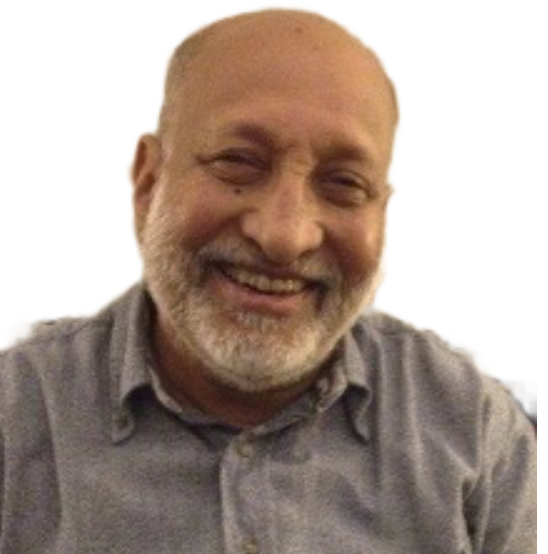Democracy grows on Muslim soil
Pittsburgh Post-Gazette,
Sept. 2, 2003
WASHINGTON – If you fell for the American neoconservative propaganda that democracy doesn’t grow on Muslim soil, visit my native Bangladesh. You’ll know that it’s a lie.
Bangladesh’s population is 88 percent Muslim and its coalition government includes the Islamist Jamaat-i-Islami party. Yet Washington extols its decade-old democracy and religious “moderation.” The United States is buying one-third of Bangladesh’s exports and offering it a Free Trade Agreement to reward the transition to democracy.
There are 131 million Bangladeshis — more than 10 times the number of Pennsylvanians — living in a country less than 60 percent the size of Pennsylvania on an average annual income of $350. No wonder corruption and violence are endemic in Bangladesh. Yet governments are changing through regular elections and newspapers are having a field day lambasting and lampooning government ministers.
And Islamic symbols are everywhere in the nation that was founded to be secular.
I left what was then East Pakistan in 1971 on the eve of its independence from Pakistan to become Bangladesh. East Pakistani Muslims had been fed up with military rule supported by West Pakistani elites professing Islamic brotherhood.
The first Bangladeshi government ushered in a “secular, socialist” constitution and built close ties to the neighboring Hindu-majority India, which had fought Pakistan to deliver them independence. Yet large numbers of Bangladeshis opposed what they perceived as an anti-Islamic political ideology and the bonding with Hindus, Islam’s historical adversaries. The embattled government imposed a brutal dictatorship. It was supplanted by a military coup, which was followed by a civilian dictatorship, which was overthrown by another military coup. I wondered if my homeland would ever taste freedom and democracy.
So last June when Secretary of State Colin Powell, on a visit to Bangladesh, praised its “enormous” success in building a democracy and its role as “an eloquent, compelling and greatly needed voice of moderation,” I thought it was all baloney. My opinion began to change, however, when I arrived there the next month for a research stint, the first since I had conducted one there 22 years earlier.
Bangladesh was now pulsating with boisterous political parties and public rallies protesting government policies and jamming traffic. A retired army officer who was stuck for an hour in such a traffic jam complained to me that Bangladeshis had got “more democracy than we can handle.” Yet he predicted that I wouldn’t see military coups in Bangladesh again because “people won’t put up with it anymore.”
On the other hand, secularism and socialism had been expunged from the constitution, and voters had elected the Islamists to power. There were Islamic symbols galore in posh shopping centers and college campuses where they once were rare. Most of the store signs and billboards in Dhaka, the capital, used to be in the Bengali language. Today many were Islamic words written in the Bengali alphabet. Women’s headscarves were now a common sight in elite gatherings.
Bangladeshis’ Islamic fervor reflected, my old friends in the media and academia said, a reaction to the cultural intrusion of Hindu India and America’s “anti-Muslim” policies. Colin Powell was greeted by rallies denouncing the U.S. occupation of Iraq and support for Israel, which apparently has made Dhaka resist the highly coveted U.S. free trade proposal.
The Americans are prodding Bangladesh to trade with Israel as part of the deal. But Foreign Minister M. Morshed Khan told me that Dhaka would pass up the offer rather than deal with Israel, which occupies Muslim Palestine.
Islam has become the wellspring of their national culture. It’s fostering nationwide networks and solidarity among Bangladeshis. In the wake of the Islamic resurgence, minority Hindus have occasionally complained of greater Muslim hostility. Morshed Khan said the allegations were exaggerated. He pointed, instead, to the “massacre of thousands of Muslims [by Hindus] before the world media” in democratic India “instigated” by the ruling Hindu-fundamentalist Bharatiya Janata Party.
At any rate, Bangladeshis discounted Islam when (West) Pakistanis used it to suppress them. Independence from Pakistan has freed them from that suppression and from their inhibition to foster Islamic values, which are strengthening their cultural solidarity. Greater cultural cohesion is helping them cushion their political feuds and work a democratic system.

